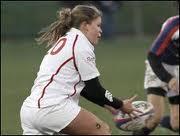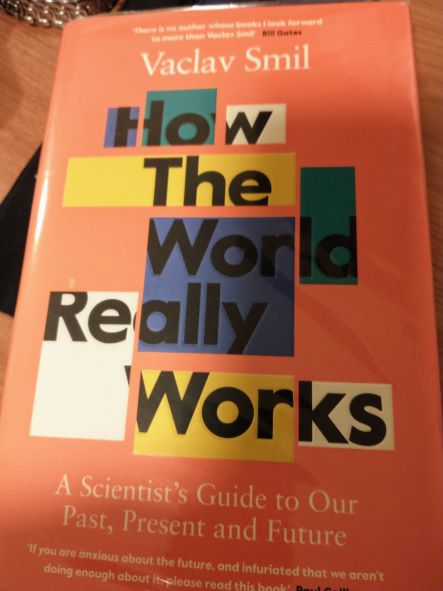Main Menu
Latest Blog Entry
User login
Book review: How the World Really Works by Vaclav Smil.
It’s rare nowadays that I add a book to my recommended reading list. Not because I don’t read much, it’s mainly because of a lot of rehashed ideas that are repackaged and branded as new.
Not this one.
Subtitled, ‘A Scientist’s Guide to Our Past, Present and Future,’ Smil does an excellent job of covering big important topics that are essential to keeping humanity fed, sheltered and breathing (amongst other things).
Refreshingly, Smil presents extensively referenced data and information without an underpinning ideology. i.e. instead of starting from a commonly polarised perspective (Big State vs Small State, Vegan vs Paleolithic, Catastrophe versus Cornucopia), he presents the information and then either picks holes in the ideology or supports some of what they are saying.
Quality information is a starting point for making good decisions: in any profession.
Big topics that are important
The chapter headings are:
- Understanding Energy (Fuels and electricity).
- Understanding Food Production (Eating fossil fuels).
- Understanding Our Material World (The four pillars of modern civilisation*).
- Understanding Globalisation (Engines, Microchips and Beyond).
- Understanding Risks (From Viruses to Diets to Solarflares).
- Understanding the Environment (The only biosphere we have).
- Understanding the Future (Between apocalypse and singularity).
* Ammonia, steel, plastics, concrete.
These are big, important topics. Not pretend important topics such as ‘polarised training versus block periodisation’ or ‘moving to an e-commerce model of good and services’ but forgetting how much we need toilet paper.
When I read this book, it automatically applied a bullshit filter to the amount of nonsense that is mentioned on social media: petty arguments about diddlysquat that sap energy and valuable brain space from tackling complex and important issues.
On Forecasting.
Smil is particularly critical of modelling and forecasting. It is easy to programme numbers into a model and come up with convenient numbers that allow forecasters to predict whatever they want. Conveniently, all climate change models end on dates ending in 5s or 0s.
The inability of governments to understand what is happening now, let alone what is going to happen in 3 or 7 years’ time, means that we were caught with our pants down when Covid hit (and, after this book was published, Russia invaded Ukraine).
An example of a forecast gone wrong, and that did not last the publication of the book, was Smil saying that, usually, population forecasts are some of the most accurate because they are based on extensive demographic data.
‘For example, The UNs 2019 population forecast for the year 2030 has Poland’s total (37.9 million in 2020) declining to 36.9 million with the low and high variant departing +/- 2% from the mean, and (barring mass immigration that is highly unlikely in such an immigration-averse country) there is a very high probability that the actual 2030 count will be within that narrow range.’ p27
Of course, mass immigration has happened with over 1.5 million Ukrainian refugees seeking shelter in Poland over the last 2 weeks.
Summary
If you want a book that explains how and where your food, goods and energy comes from and how that is likely to change (or not) in the future then this book is for you. I would also recommend it for anyone who is struggling to cut through hyperbole about any ‘trend’ or ‘solution’ to our planet’s needs.
Buy it from your Independent bookshop here (or visit your local library).
Client Testimonials
 Georgina Rozario: England Scrum Half
Georgina Rozario: England Scrum Half
I had the pleasure of having James as my first s&c coach when I was at University in Plymouth. I worked with him for 3 years and learnt everything I now know about training to the best of my ability. When I first saw James I was identified as a talented rugby player but had various injury and illness problems to contend with. By the end of my time with him I had become an athlete and later received my first international cap against the U.S.A.
More


